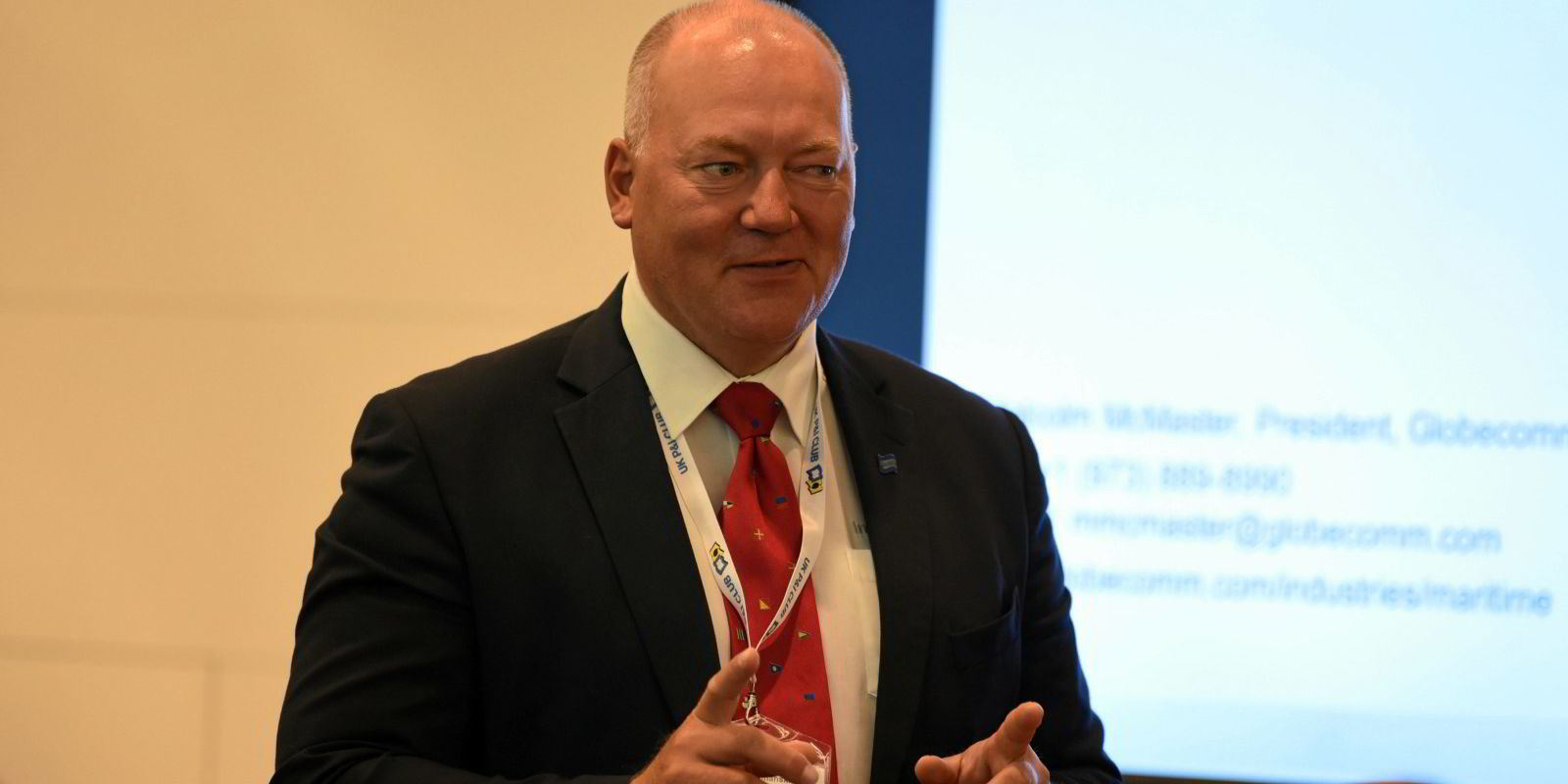The image of the shipping industry seems to be the root cause of many issues our industry faces. If I had $1bn, I would like to change that.
This article is part of a series written by people across shipping in response to this question about how to deploy a hypothetical TradeWinds Sustainable Shipping Fund:
How, where and why would you invest $1bn for the best return in sustainable shipping, as the industry grapples with the need to cut carbon emissions, improve efficiency and keep cargoes moving in a world facing multiple economic and political challenges? The investment will be made now and ideally held for the next seven years to the end of the decade. As an added bonus, give one policy or regulation you would like to implement from 1 January 2023 to benefit shipping?
But why is image so important? Because we are competing for talent.
Young people — Generation Z and millennials — do not have to work in the shipping industry.
We are really struggling to get the best talent for chief executives, number twos, personnel officers, fleet managers and then cascading down.
We are still pretty good when it comes to seafarers. Seafarers do not end up in shipping by coincidence.
But the pool of people dreaming about the sea is quite shallow because we are not present in mainstream media and, if we do appear, then it is usually for all the wrong reasons. That means the mums of our future talent say: “No. I don’t want my son associated with an oil slick. I don’t want him to be criminalised in [say] Mexico for 20 months.”
If we are talking about sustainable shipping, we need to recruit and retain quality crew. That would be 50% women and 50% men; that would be my dream.
How can we achieve this? We have always been global. We ship managers, together with our partnering owners, could start leading the world — not just shipping — on ideas such as:
- Being colour blind when we choose our workforce. We could open our industry to a lot more Asian and African countries while still ensuring quality training standards.
- Employing more disabled people onshore. We have talent, which is locked at the moment because we have this stigma on disability.
Imagine if the shipping industry started doing this, as well as projecting itself to other industries. Surely this would stir the proverbial pot and bring the positive publicity I am crying out for?
So my proposal for the $1bn is to create a foundation which would reward incentives that work towards improving the image of the shipping industry. Tangible results backed up by statistics.
The regulation I would like to see implemented for this year is one that is already in place.
We have a code of conduct for accident investigators. But, unfortunately, it is not being observed.
I have lots of examples, but the latest of which is from Norway. A captain died in an enclosed space and the Norwegians have no further comments. The result of this approach is that we are not learning from accidents.
Read more
- Columbia’s O’Neil says Saudi transformation plan has ‘global significance’
- Ukraine’s silver seafarer generation for hire during war
- Lifting Ukraine seafarer ban ‘vital for grain exports’
- Columbia deploys team of Ukrainian psychologists to help seafarers and families
- Danica says contact being lost with seafarers and families in Ukraine



